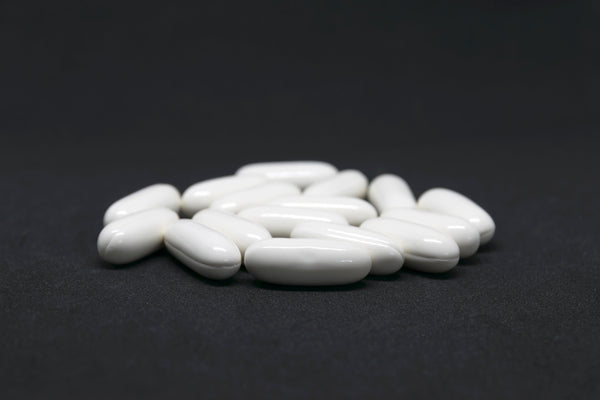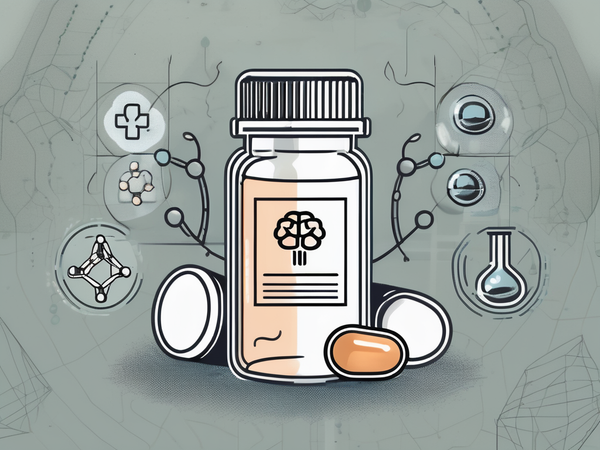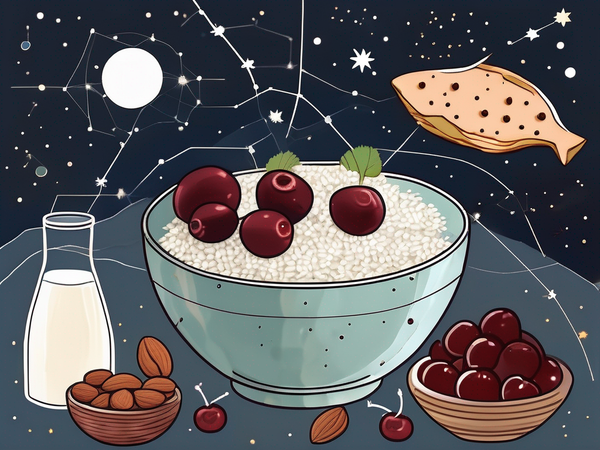How often do you feel like your heart is beating too fast and there’s an anxious pit in your stomach, or do you find yourself preoccupied with thoughts that prevent you from really experiencing the moment at hand? Stress is a common thread that ties all humans together. Our body is designed to initiate a response to anything that's stressful. This stress response is proven to cause plenty of psychological and physiological disorders, including depression, insomnia, poor cognition, and IBS. As you navigate your way toward a stress-free life, we want to introduce you to natural adaptogens that will completely transform your journey. Join us as we examine stress in detail and learn about natural adaptogens that are exceptionally effective in relieving stress.
Non-Specific Stress Response
If you think instances like an exam, meetings, life decisions, or a fight with a friend are the only stressors that exist, then you are far from the truth. Too much excitement and joy have also been observed to induce a stress response. This is when your pulse quickens and your hormones rise, but there is no danger or anxiety.
We often look at stress as a condition of anxiety or mental strain brought on by challenging circumstances. But stress is also defined as the non-specific response to any emotional or physical demand made on your body.
Let’s simplify things for you. Non-specific here suggests that the stress reaction is triggered regardless of whether the stressor is an unpleasant circumstance, a happy surprise, or a real-life action movie. All of these situations are very demanding, and they activate your stress hormones, causing a bunch of reactions that make stress very harmful. Stress could also be caused by physical pain and chemical reactions inside the body.
One of the main reasons why stress is harmful is because it sees every stressful situation as a life-and-death matter. This forces the body to focus solely on increasing alertness and blood flow and drawing energy from stored resources. It also stops the processes that aren’t required for surviving this life-and-death scenario, like digestion. Hence, it is suggested that you manage your stress to prevent the onset of other health conditions, like IBS. But having a positive attitude and dealing with anxiety isn’t enough. As mentioned earlier, stress is also caused when you are happy or physically hurt. So how do we deal with this non-specificity of the stress response?
The answer is by using non-specific stress-resistant substances, or, in other words, adaptogens.
What are Adaptogens?
Adaptogens are ingredients found in nature that can lower your stress levels. An adaptogen increases the state of non-specific stress resistance, which keeps your body safe from all and any kind of stress, whether it is due to excitement, sorrow, physical pain, or chemical reactions. These compounds have the capacity to counteract or withstand the physical health consequences caused by stress. Besides, it also decreases the sensitivity to stressors, thus helping you achieve a state of homeostasis (balance). In simple English, adaptogens adapt to different kinds of stressors and keep you safe from them.
Best Adaptogenic Herbs
- Tulsi
Tulsi, or holy basil, is often referred to as the elixir of life because it increases longevity and overall health. It is a potent adaptogen that is also proven to have antimicrobial, antioxidant, anti-cataract, anti-inflammatory, neuroprotective, and cardioprotective properties. You can prepare tulsi tea for relaxation as well as for improved immune function.
- Moringa
Chamomile tea is often reckoned as the best tea for stress and depression, but did you know that Moringa oleifera, a well-known superfood, is also an excellent stress reliever? It raises the cognitive, emotional, energetic, and spiritual levels, all of which have a significant impact on your development. Additionally, it possesses anxiolytic and antidepressant properties.
- Gotu Kola
Gotu Kola is easily identified among other herbs because of its fan-shaped leaf and long, thick stem. Steeping gotu kola leaves in warm water can give you the best tea for managing stress and depression, soothing anxiety, and relieving tension. It is also used as a blood purifier.
This herb is a nervine adaptogen. Nervines are herbs that are capable of taking care of your nervous system. It is well known to support the regeneration of brain cells and boost intellect. Hence, it is also used to prepare an herbal tea for concentration and focus.
- St. John’s Wort
This yellow-colored flowering herb is one of the most studied and supported adaptogens to date. John’s Wort is an antidepressant that assists with mood, energy, focus, memory, and stress relief.
The Easiest & most Comforting Way to have Adaptogens!
Preparing a tea for relaxation using one or more adaptogens is the best way to reap the benefits without compromising on taste. You can get high-quality adaptogenic teas to help you unwind and sip your way to a life free of stress.
When buying such teas, make sure to check the ingredients and look for herbs that improve your cognitive abilities, relieve stress, enhance your mood, and also improve your immunity. You can have herbal tea for concentration during the day. It will help you focus better, which people suffering from anxiety find difficult to do. Tea for stress relief can be taken at night, as the tranquility induced by the herbs can also help you sleep better.
Wrapping Up
Adaptogens are essential for everyone since they help you deal with not just mental stress but also physical and physiological stress. Over time, stress can lead to serious issues that can become very difficult to deal with. On a smaller scale, it hampers your memory and cognition, affecting your performance in the office and in your personal life. A cup of stress relief tea with adaptogens can help you cope with stress effectively. We believe that all of us should give ourselves at least one chance to invite tranquility and serenity by embracing the herbal tea culture.
References:
https://www.ncbi.nlm.nih.gov/pmc/articles/PMC2993537/
https://www.ncbi.nlm.nih.gov/pmc/articles/PMC5976976/
https://www.ncbi.nlm.nih.gov/pmc/articles/PMC6240259/
https://link.springer.com/chapter/10.1007/978-1-4684-2238-2_9




























